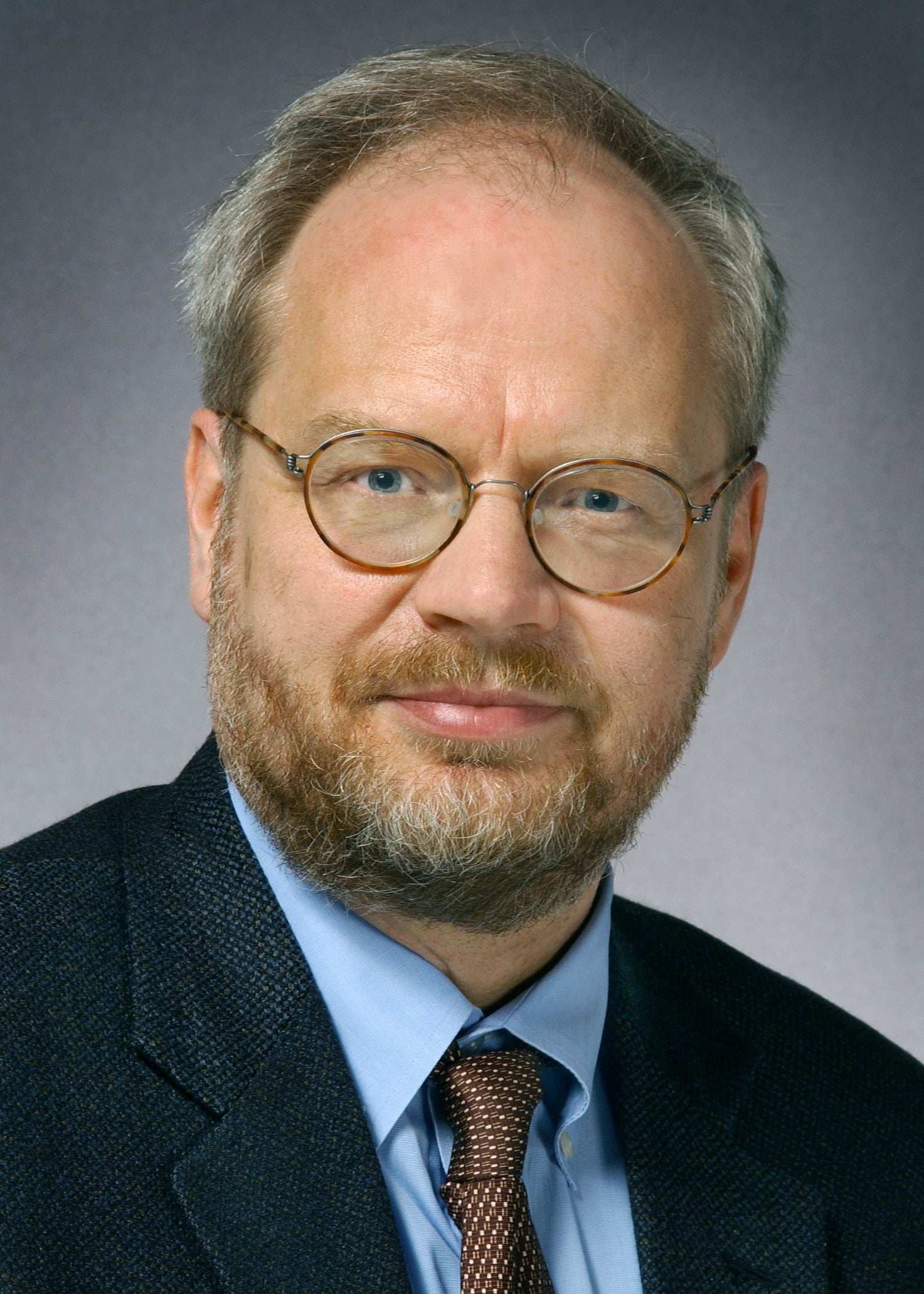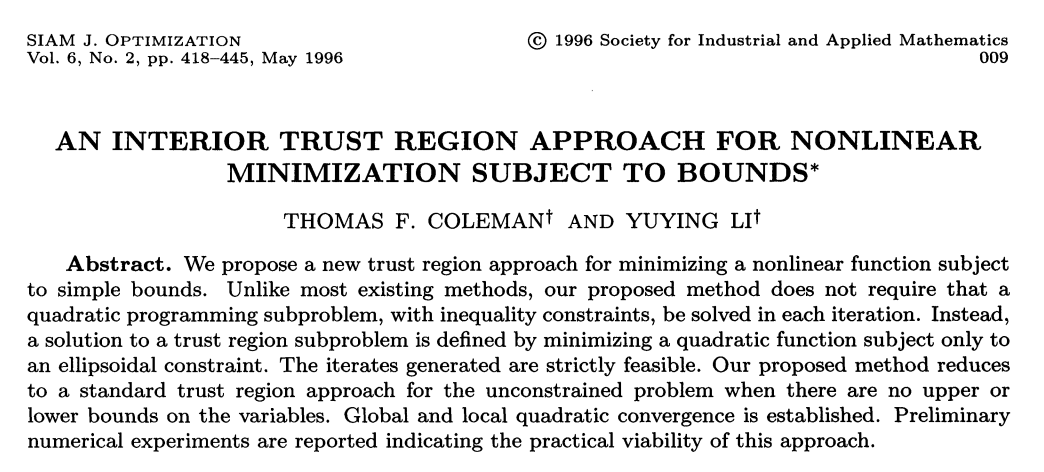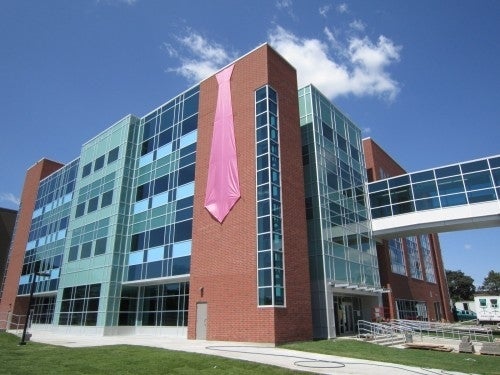
Tom was born on November 21, 1950 in Montreal, Canada, and completed high school in Toronto. Through the influence of a Math teacher in high school, Tom matriculated at the University of Waterloo, through the co-op program where students spend alternate semesters at school and in industry. After completing his Ph.D. under the supervision of Andy Conn at the C&O department at Waterloo in 1979, Tom spent two years as a postdoc at Argonne National Laboratory in Illinois. He held a faculty position in the Computer Science department of Cornell University from 1981-2005, and served as the Director of the Cornell Theory Center from 1998-2005. In 2005 he returned to Waterloo as the Dean of the Faculty of Mathematics and Professor of C&O, serving as Dean until 2010.
His early papers, several written jointly with Conn, addressed the convergence of nonlinear programming with exact penalty functions. At Argonne he began his investigation of combinatorial algorithms in optimization and scientific computing in papers co-authored with Jorge Moré on the use of graph colouring for efficient sparse Jacobian and Hessian estimation. Tom realized early that ideas from combinatorial optimization could significantly improve upon existing techniques for large-scale computation and continued to pursue this line of research throughout his career. Sparse matrix computation has long been a source of interesting problems linking combinatorial and scientific computing, and Tom’s first Ph.D. student, Alex Pothen, tackled the problem of finding a sparse null space basis for his dissertation. Through several students whom he guided in this research area, Tom could be considered as the father of the area now called combinatorial scientific computing (CSC). In 2018, researchers in CSC joined with other research sub-communities to form the SIAM Activity Group on Applied and Computational Discrete Algorithms (ACDA), and the first SIAM Conference on ACDA is being organized in July 2021.

At the same time, Tom developed an interest in optimization in the financial sector and wrote an influential sequence of papers on financial derivatives and portfolio optimization. He remained active in this area to the end of his career. In addition to his publications, he organized over a dozen conferences, workshops, and lecture series on the topic of optimization for finance. With his son Conrad, he also founded a consulting and software company, Cayuga Research, for more direct commercialization of his ideas.
Equal to contributions to scholarship were Tom’s leadership roles at Cornell and Waterloo. As the Director of the Cornell Theory Center, he sharpened its focus on research in scientific computing and financial computing and opened the Wall Street branch of the Theory Center in 1999, foreseeing the demand from Wall Street firms for the latest academic research.
Tom was appointed Dean of the Faculty of Mathematics at Waterloo, overseeing five academic departments and numerous


Tom was known for his careful preparation and thoughtful decision-making throughout his career that foresaw many major trends in mathematics and computing. He mentored 21 Ph.D. students, 18 postdoctoral fellows, and 18 Master’s students; these students hold leadership positions in academia, the U.S. DOE National Labs, and industry, especially in the financial sector. Tom’s students recall him as an exceptional mentor who was available to discuss research in a supportive manner, and who exuded an optimistic and practical outlook on research. He empowered them to think independently and encouraged them to take risks in research. Above all, by working hard, playing hard, and by developing close personal relationships with his students, he was a role model to them in living a full and balanced life. On hearing the news of his illness, many of them contacted Tom to let him know of the profound influence he had in their lives.
Tom was an active athlete throughout his life, enjoying cycling and canoeing with his family. Tom is survived by his wife, Yuying Li (a colleague in the computer science department at Waterloo), his children Conrad, Dan, and Lena, as well as his former wife, four siblings, nieces, and nephews.
Alex Pothen, Steve Vavasis, Henry Wolkowicz